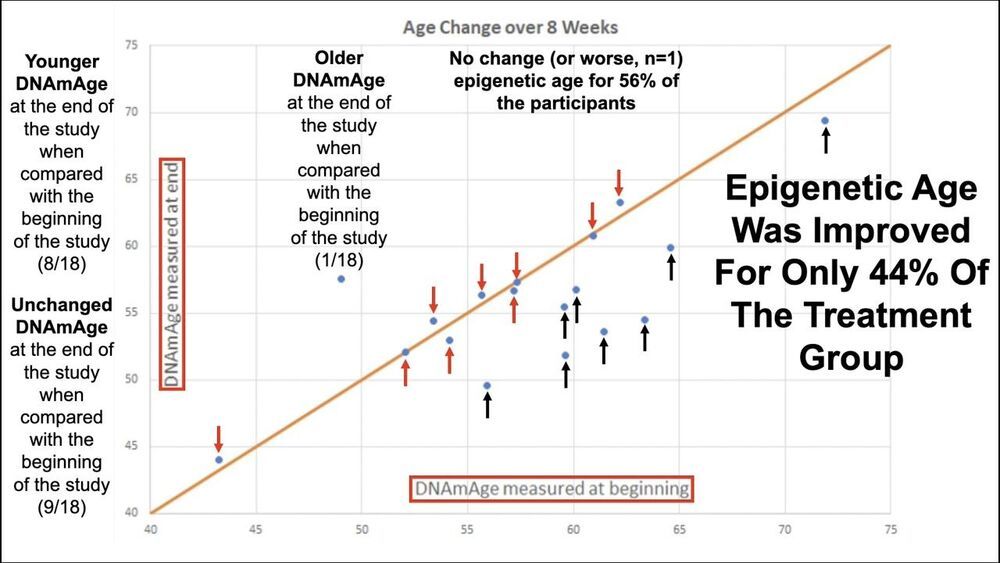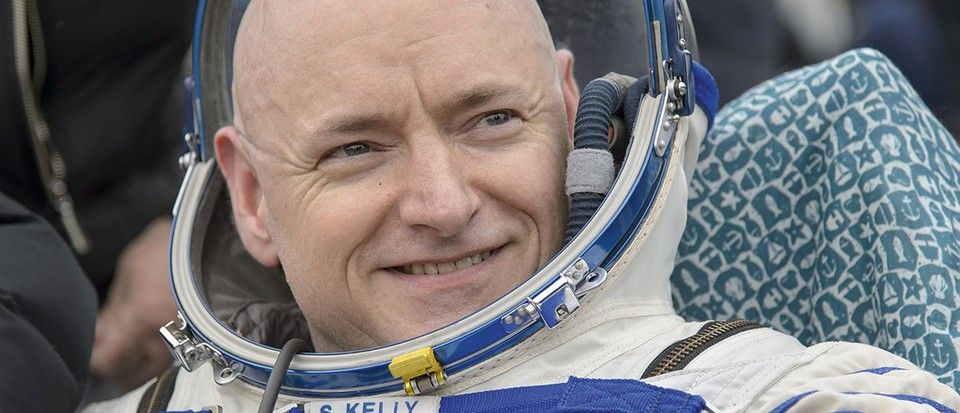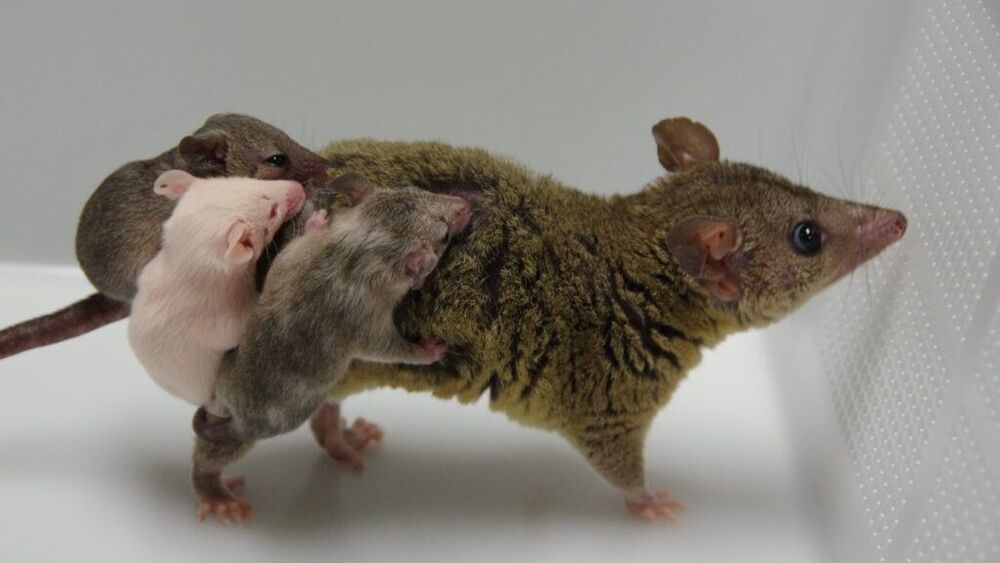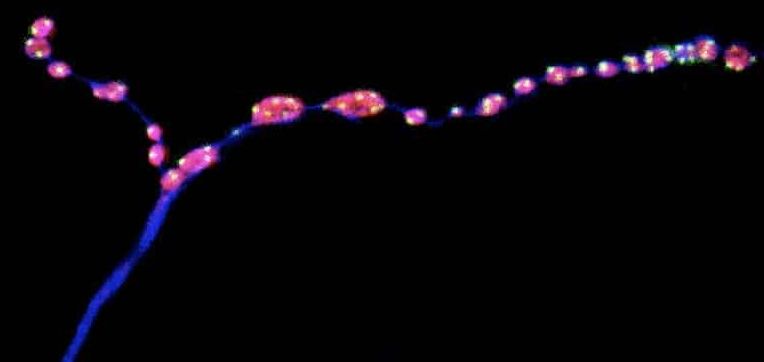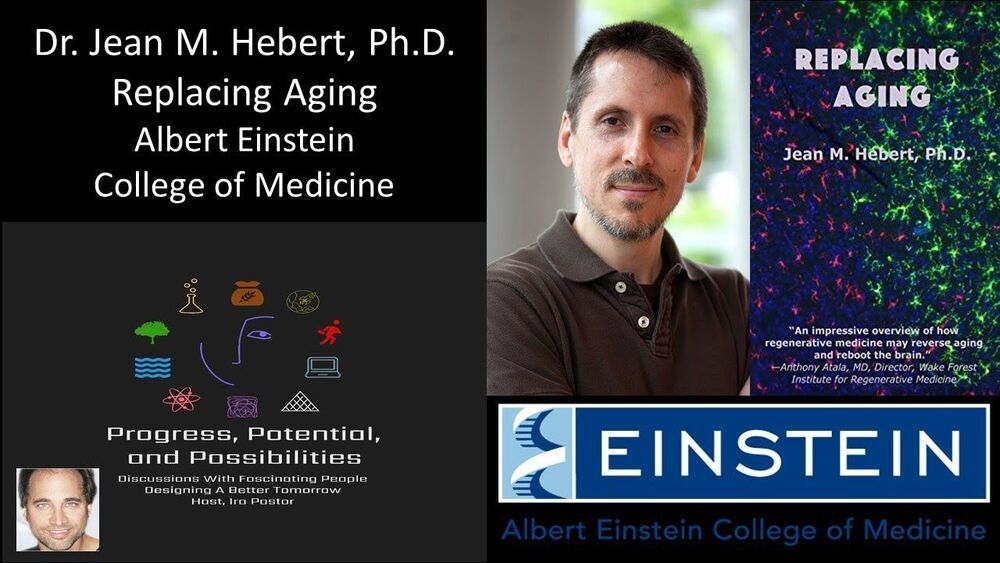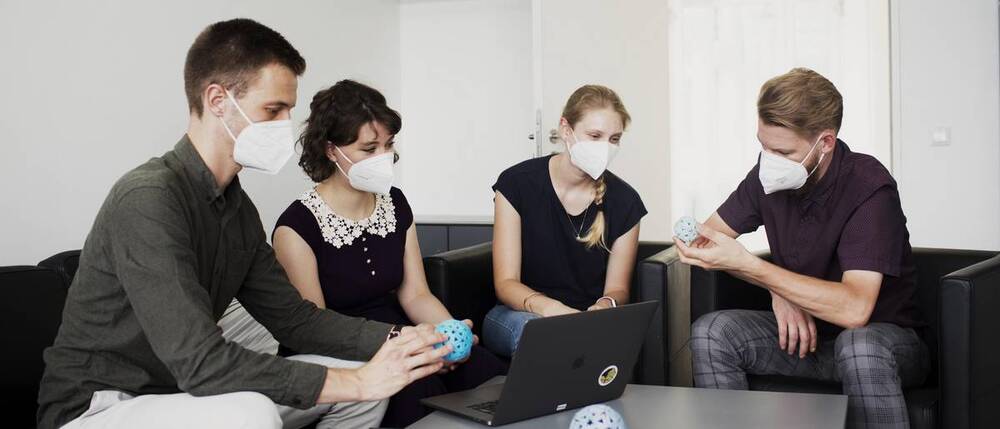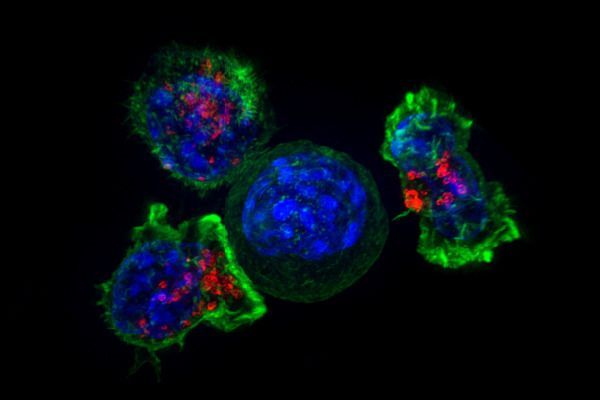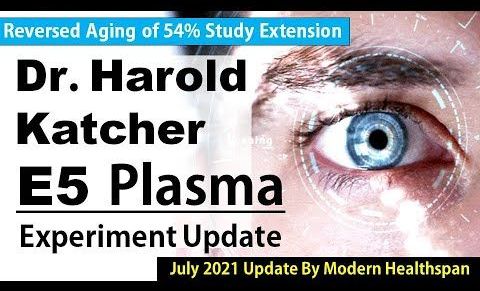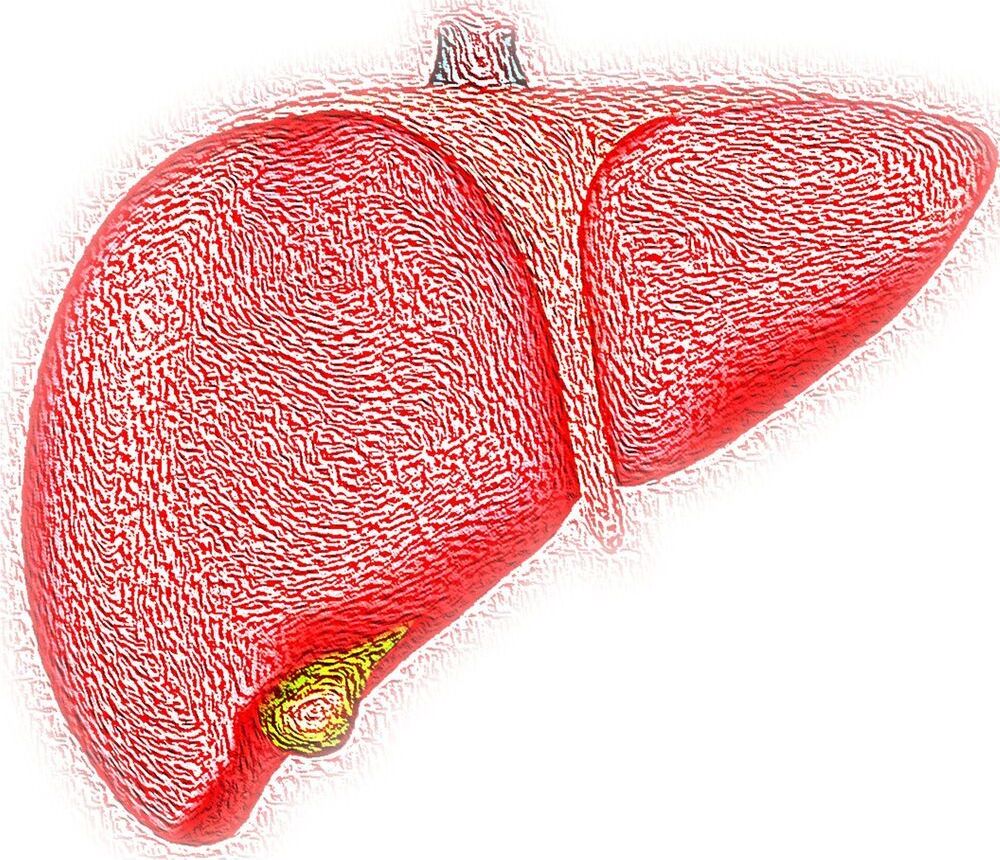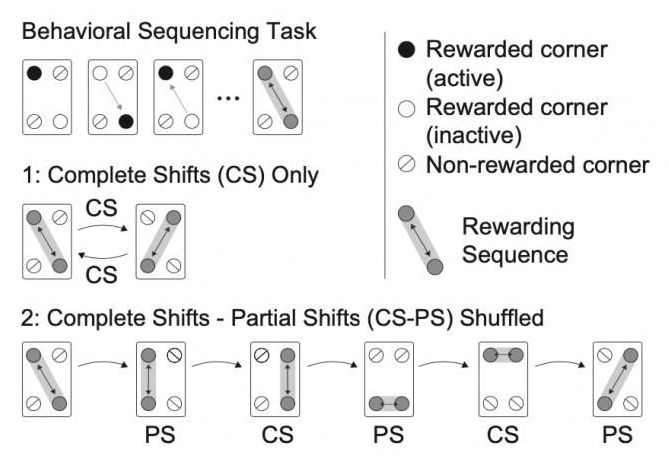
New research from the RIKEN Center for Brain Science (CBS) in Japan shows that a deficit in histone methylation could lead to the development of autism spectrum disorders (ASD). A human variant of the SUV39H2 gene led researchers to examine its absence in mice. Published in Molecular Psychiatry, the study found that when absent, adult mice exhibited cognitive inflexibility similar to what occurs in autism, and embryonic mice showed misregulated expression of genes related to brain development. These findings represent the first direct link between the SUV39H2 gene and ASD.
Genes are turned on and off throughout our development. But genetic variation means that what is turned off in some people remains turned on in others. This is why, for example, some adults can digest dairy products and others are lactose intolerant; the gene for making the enzyme lactase is turned off when some people become adults, but not others. One way that genes can be turned on and off is through a process called histone methylation in which special enzymes transfer methyl groups to histone proteins that are wrapped around DNA.
Variations in genes related to methylation during brain development can lead to serious problems. One such variation occurs in a rare disorder called Kleefstra Syndrome, in which a mutation prevents methylation of H3K9—a specific location on histone H3. Because Kleefstra Syndrome resembles autism in some ways, RIKEN CBS researchers led by Takeo Yoshikawa looked for autism-specific variations in genes that can modify H3K9. Among nine such genes, they found one variant in an H3K9 methyltransferase gene— SUV39H2 —that was present in autism, and the mutated SUV39H2 prevented methylation when tested in the lab. Similar loss-of-function results were found for the mouse version of the variant.
